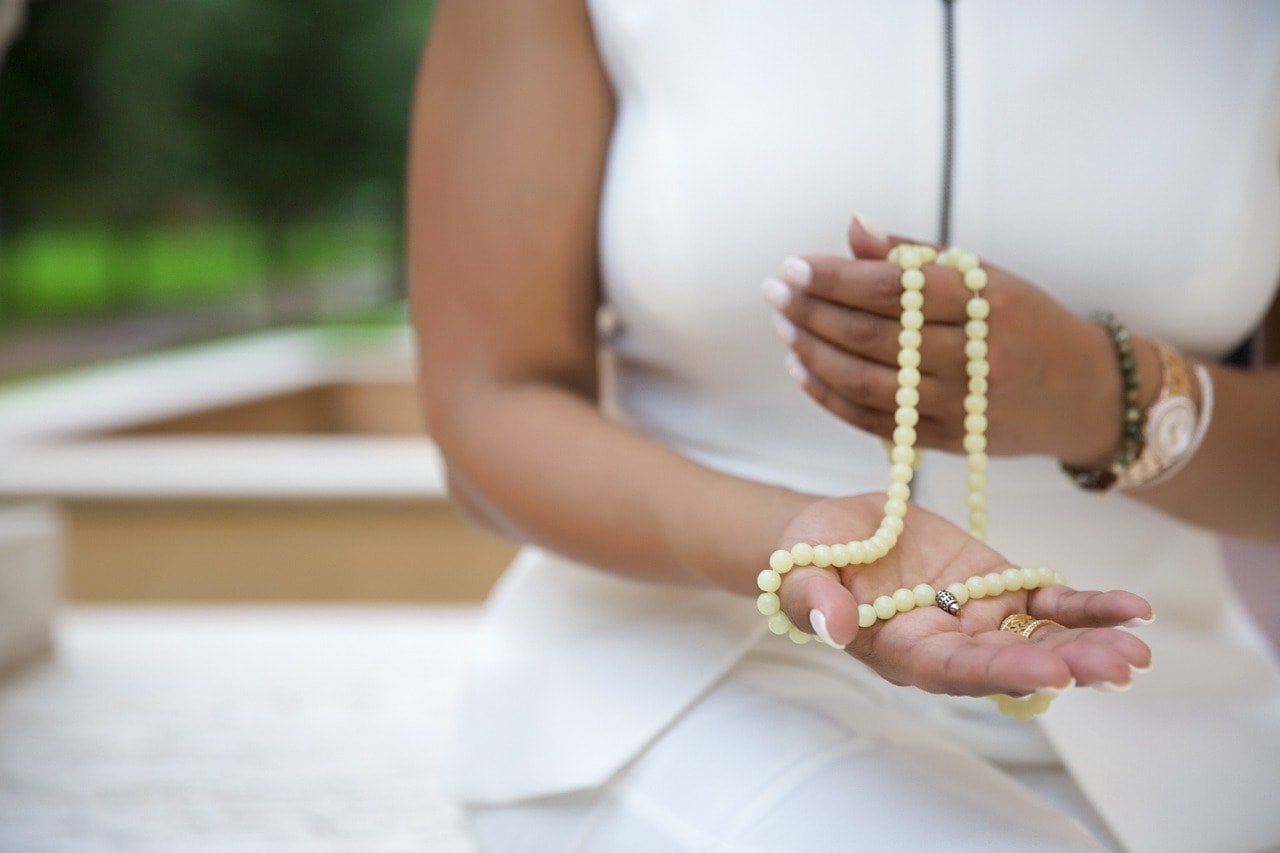What is the downside of wearing a FitBit?
We’re all guilty of this. It’s 23:47, you’ve brushed your teeth and are getting into bed. Then you check your FitBit or other wrist exercise tracker. You’ve set your daily goal to reach 10,000 steps and you’ve only done 9300. So instead of preparing for sleep, you start frantically jogging on the spot before midnight hits.
I lost my FitBit over the Summer and I was really annoyed about it for the whole day. Longer if I’m going to be honest. To make it worse it was on a day that my husband and I went to an amusement park, and his FitBit had logged 33,000 steps by bed time. I was really frustrated that all those steps weren’t registered on my phone, as if others would have been proud of me for it, or I would have received a medal for tripling my daily target. No one else cared and I realised that I’d developed an unhealthy relationship with my FitBit that had been causing me unnecessary anxiety.
Everyone I’ve spoken to with a FitBit has done the pre-sleep jog almost every time they’re just under their steps goal. For all the good the FitBit is doing in helping us be fitter and conscious of the amount of daily exercise we do, there’s a dark side to using a FitBit. It is causing unnecessary anxiety, exacerbating obsessive compulsive behaviors and eating disorders.
First let’s consider the Reminders to Move function that vibrates after a set amount of time of inactivity. Immediately this causes pangs of guilt and anxiety because you’re in a situation where you can’t stand up to walk around ie. work, car, restaurant, lecture, cinema. You begin to feel like you’re being lazy because you should be moving, but can’t. It causes stress, makes you feel trapped, and diminishes your sense of self-worth. You feel guilty for being inactive, curse your sedentary lifestyle, and feel like you’re failing at your daily goal. When you look at your phone and see the number of sedentary minutes that day, your mood drops and it may even make you momentarily depressed.
Then there’s the Sleep Tracker. Most people have an idea of what their ideal number of hours of sleep are. They’ve either been told that 7-9 hours is the ideal for an adult, or just know how many hours feel like it’s not enough to function properly, and have the necessary amount of energy during the day. The first thing you do upon waking with the vibration of the FitBit alarm, is check the number of hours you’ve slept. You can see the number of hours slept, how many hours you thought you were sleeping but weren’t actually getting good quality sleep, whether you reached your target number of hours, and how last night compared to others. If your numbers are negative it can set you up for a bad day. You likely assume that you’re not going to have the energy to achieve what you need to do that day, or be as productive or efficient. You’ve started your day already feeling like you’ve failed, haven’t gotten what you need, or underachieved.
Moving on to the Smart Track function that counts your daily steps and recognizes different types of exercise. There is also a worldwide FitBit community that you can be a part of to compete with, or compare yourself to. Again this leads to feelings of failure, underachievement and not being as good as your peers.
A bit of competition can be healthy. However when you start obsessively competing with others, or worse, with yourself, it can become psychologically unhealthy. Especially on a daily basis. Because as we all know, if you forget to put you FitBit on straight after it’s been charging, you’ve lost precious steps to reach your goal! (So of course you only try to charge it at times of rest like sitting for a meal, working at your desk or watching a movie on the sofa). Even if you’re not part of the FitBit community and don’t compare or compete with others, you are still in constant competition with yourself, every day. Some even feel like the FitBit itself is judging them and is disappointed in them for not reaching their target!
For those with eating disorders, the FitBit becomes yet another tool to help monitor weight loss and achieve the goal of a ‘perfect body’. Not only are those with eating disorders obsessive about controlling what they do or don’t put in their body, but they now have better control and knowledge of exactly how much exercise they are doing, or not doing. And here is where the Calorie Counting function causes additional harm. Calorie counting can be an obsession for those with eating disorders and the FitBit makes this easier. It becomes a more prominent part of your day as you log in exactly what you’ve eaten into one app, calculate your caloric intake, and then have another app to tell you exactly how many of those calories you’ve burnt. Or not. It can exacerbate the controlling and addictive nature of an eating disorder.
Using Your FitBit Healthily

The key is to not put so much pressure on yourself and to learn to give yourself a break. Identify the times it makes you feel like a failure, underachiever, or just not good enough. In those moments, take awareness of how you feel, put things into perspective, and give yourself a break. You’re not meant to be perfect, and reaching you FitBit goal won’t get you closer to perfectio0n either.
Try adjusting your daily routines to incorporate more walking, whether it be to work, getting off public transport a stop before to walk the rest of the way, or fitting some steps in where realistically possible in your schedule. But don’t make your target or goal too difficult or unrealistic. Set it a little lower so that you’re more likely to finish your day feeling like a winner, not a loser. Tell yourself that it’s not the end of the world if you don’t reach your daily step count some times, and be kinder to yourself. It’s important to remember that the FitBit is there as a reminder of what is ideal, it’s not mandatory. No one is actually judging you except yourself. No one else cares whether you achieved your steps target that day, and you shouldn’t beat yourself up about it either. Your FitBit isn’t going to be disappointed in you because it’s only a cleverly engineered machine, praying on your competitive, addictive nature, and your sense of self-worth. Don’t let the FitBit cause you stress, when you probably have enough already. And if you find that you are not realistically able to reach your target number of steps or calories lost, then it’s time that you lower your expectations and settings.
Lastly, remember that situations crop up during the week that may be unexpected and prevent you from always reaching your goal. Perhaps some days you just have less energy or inclination to move as much, and that’s perfectly fine. You are not lazy, you’re normal. Acknowledge that there will be times when your inactivity reminder vibrates, and you won’t be able to walk around. Stop yourself from feeling guilty and accept the situation you’re in that day.
So if you reach 9300 steps at the end of the day and not 10,000 is it really that big of a deal? No. So go to bed, relax and remind yourself of what your FitBit really is. A helpful machine, that you didn’t buy to cause you stress, judge you, or dictate your life.






